IMDEA Networks

Archives: Events
Beyond Voronoi: Plain Probabilistic Spatial Coverage Inference from Base Station Deployments
A vast body of works on mobile networking employs simplified Voronoi cell representations of cellular base station coverage as a...
Read more arrow_right_altTransfiere 2022, European Meeting on Science, Technology and Innovation
IMDEA Networks participates, during the 16th and 17th of February, in Transfiere 2022, the 11th European Meeting on Science, Technology, and Innovation,...
Read more arrow_right_alt11th Madrid is Science Fair: LiFi and blockchain
IMDEA Networks is participating in the 11th Madrid is Science Fair, a science outreach event aimed at school communities and...
Read more arrow_right_altResource control framework for 5G vRANs
In recent years, the extension of network function virtualization (NFV) concept to the edge of mobile networks has allowed the...
Read more arrow_right_altGreening game sessions at the edge
The increasing number of heterogeneous devices connected to the Internet, together with tight 5G and beyond 5G requirements have generated...
Read more arrow_right_altTransmitter localization with crowdsourced low-cost SDR based sensor networks
The popularity of wireless communications is growing every year and with it the possibility of threats in the electromagnetic spectrum...
Read more arrow_right_altPhD Thesis defense: Infrastructure-less D2D Communications through Opportunistic Networks
In this dissertation I look at opportunistic D2D networking, possibly operating in an infrastructure-less environment, and I investigate several schemes...
Read more arrow_right_altTrouble Over-The-Air: An Analysis of FOTA Apps in the Android Ecosystem
Android firmware updates are typically managed by the so-called FOTA (Firmware Over-the-Air) apps. Such apps are highly privileged and play...
Read more arrow_right_altOffloading Algorithms for Maximizing Inference Accuracy on Edge Device Under a Time Constraint
With the emergence of edge computing, the problem of offloading jobs between an Edge Device (ED) and an Edge Server...
Read more arrow_right_altImpact of Later-Stages COVID-19 Response Measures on Spatiotemporal Mobile Service Usage
The COVID-19 pandemic has affected our lives and how we use network infrastructures in an unprecedented way. While early studies...
Read more arrow_right_alt

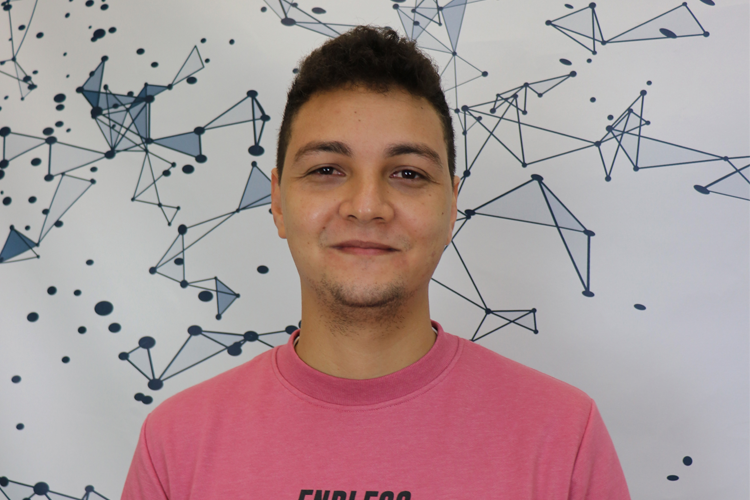
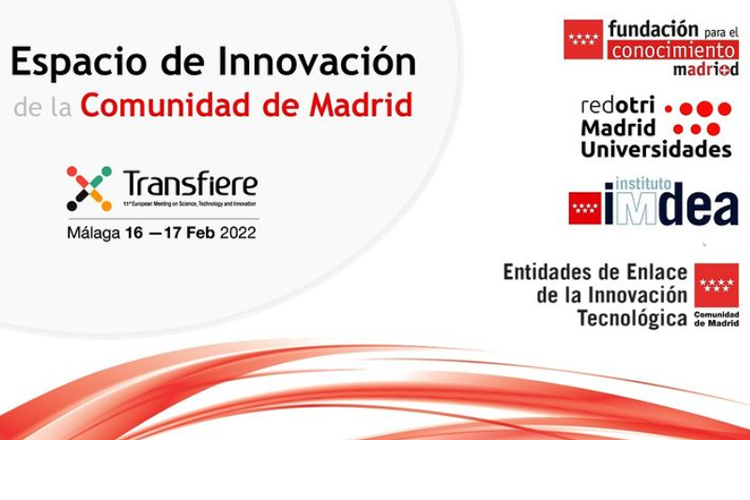
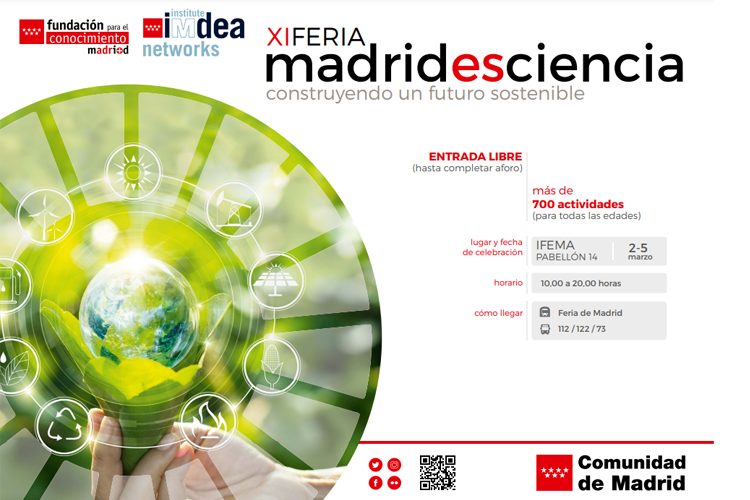
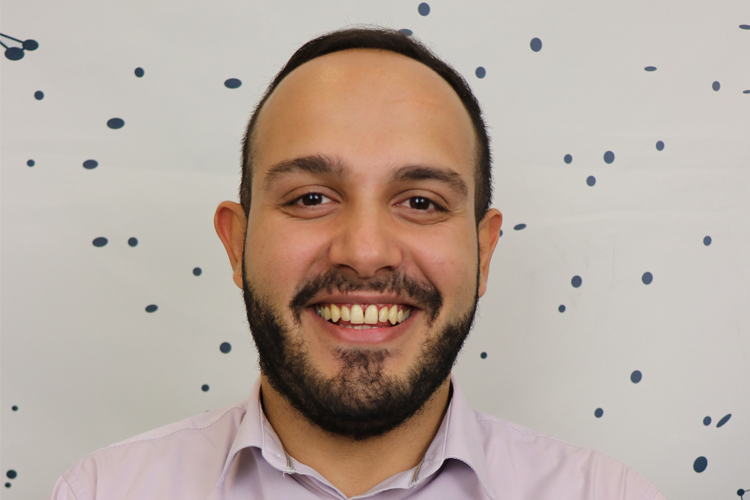
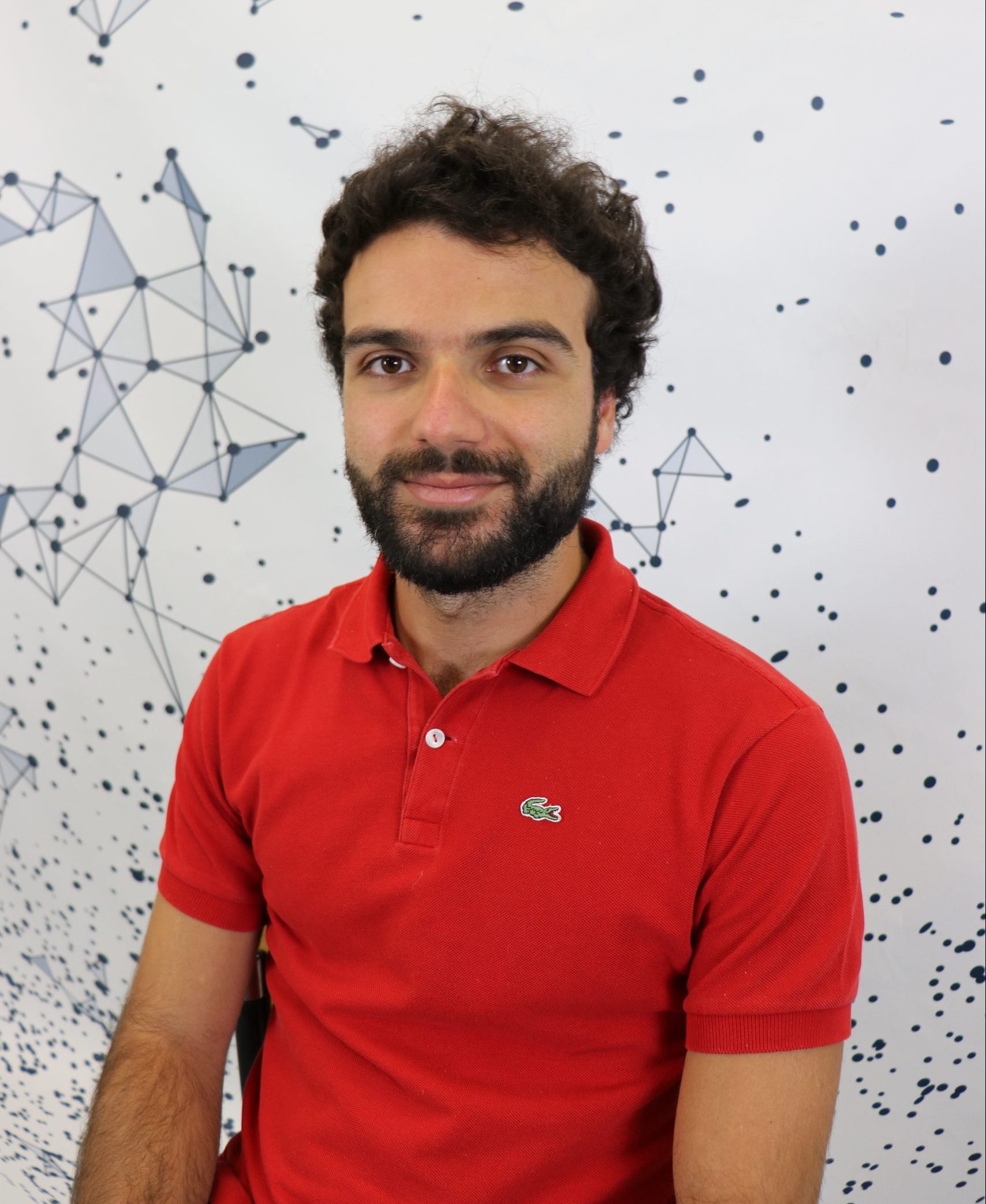
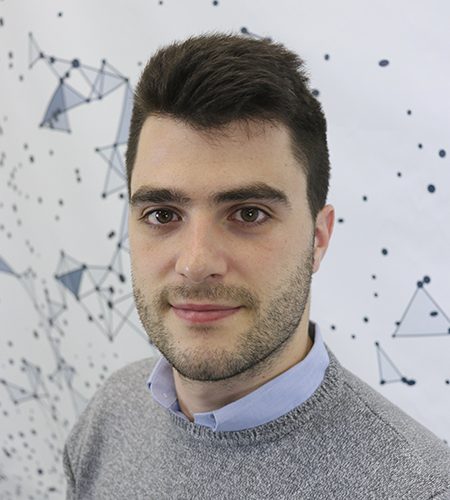
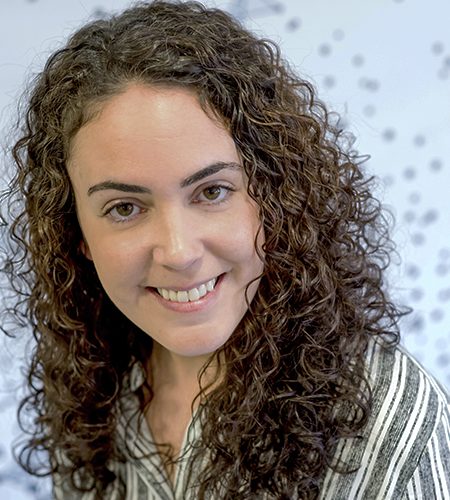
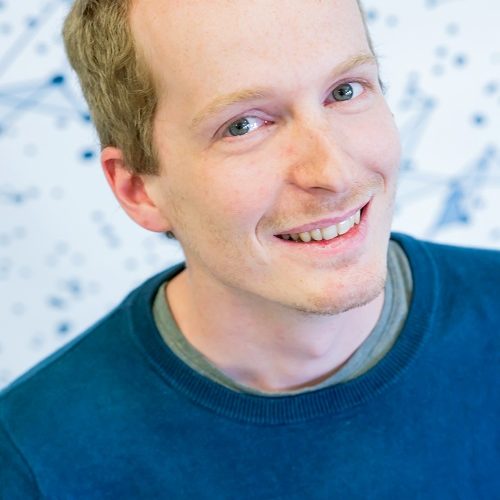
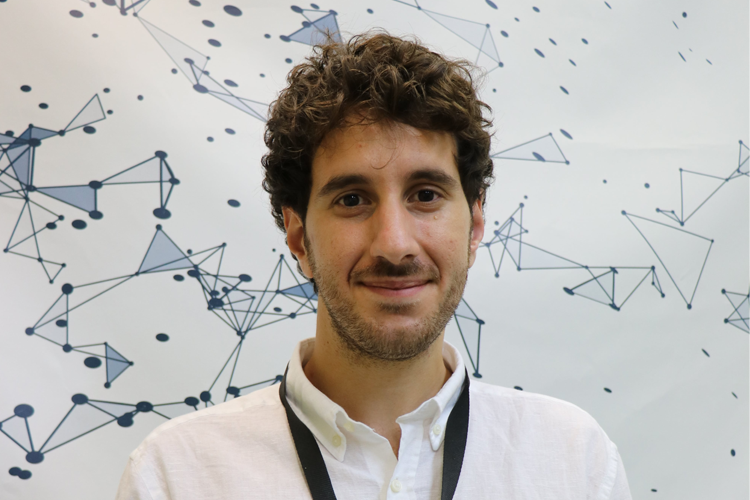
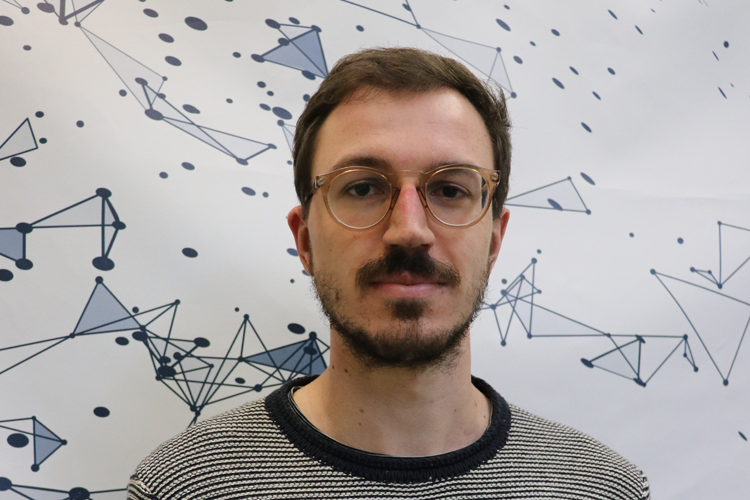
Recent Comments